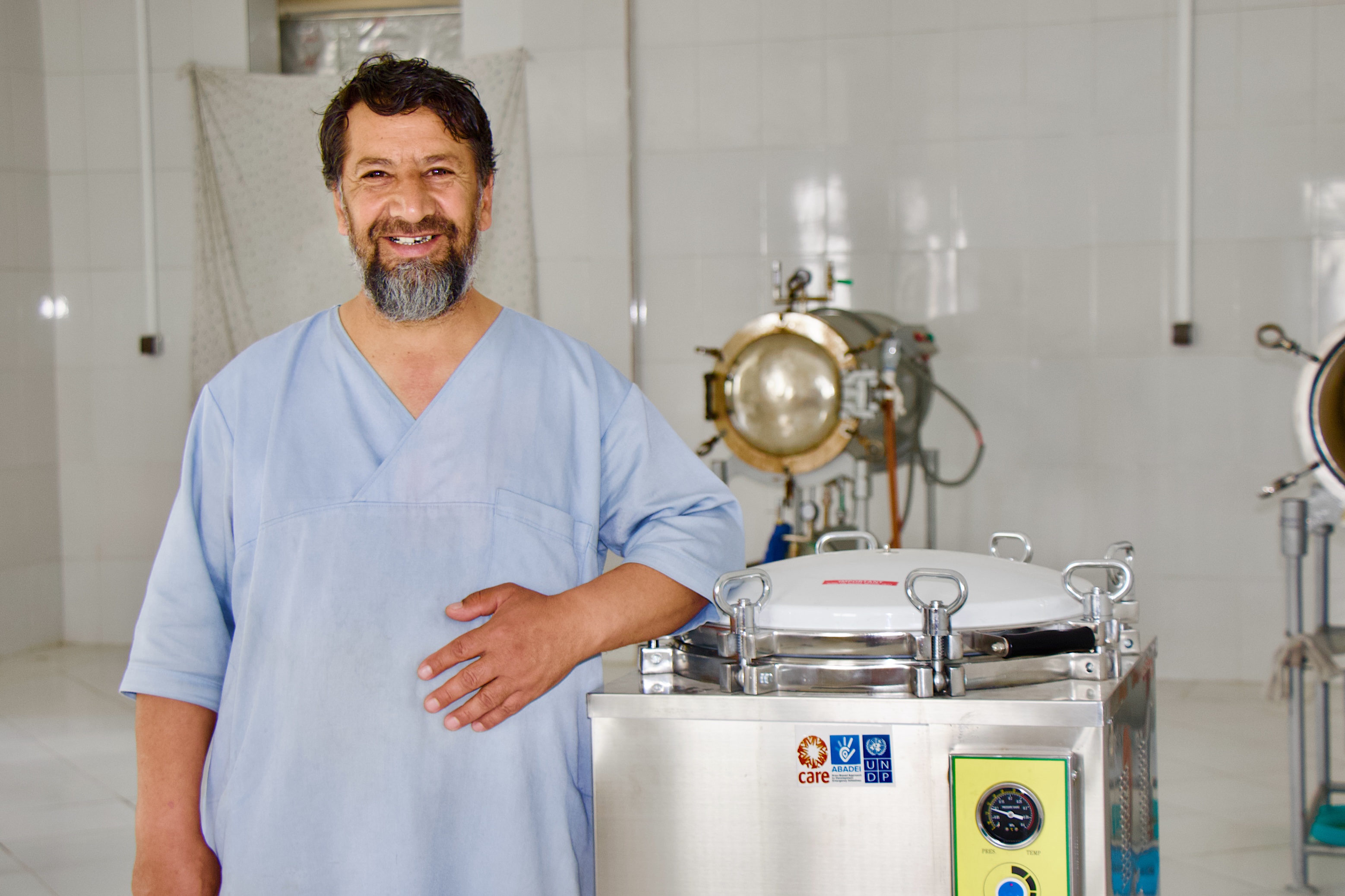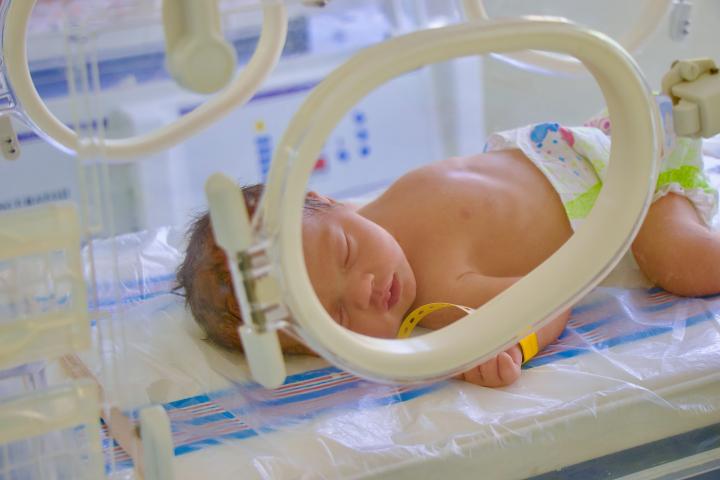Empowering Kapisa through Healthcare and Infrastructure
Healing horizons
January 16, 2024

"Advanced equipment is as essential as medical expertise in saving lives," said Dr. Hashmatullah, of the neonatal care unit.
The air in the narrow hallways of Kapisa Provincial Hospital was filled with nervous energy. Amidst the rushing sounds, a young woman shrieked in labour. She was on the verge of becoming a mother for the first time.
Doctors and nurses rushed towards the doors of the neonatal care unit. They tried everything they could to save her baby but they failed due to lack of a neonatal incubator.
The mother's wails pierced the hospital with sorrow. She joined the chorus of many others who had lost a child there. This tragic scene shows the urgent need for healthcare and infrastructure in Kapisa, a province located north of Kabul.

Residents of Kapisa faced life-threatening challenges due to the lack of healthcare facilities in their main provincial hospital. The lack of adequate healthcare resources in the hospital highlighted the critical need for improvement.
Unfortunately, the lack of resources had resulted in heartbreaking losses, such as the recent death of a newborn baby due to the absence of essential medical equipment, including neonatal incubators—a tragedy that could have easily been prevented.

"Advanced equipment is as essential as medical expertise in saving lives," said Dr. Hashmatullah, of the neonatal care unit.
To address these challenges, UNDP's ABADEI programme, with support from the Government of Japan, has provided over thirty neonatal incubators, numerous stretchers, vein detectors, autoclaves for sterilization of surgical and dressing instrument which can be used for all sections of the hospital including pediatric part, hospitalization, and delivery theatre and a fully equipped ambulance with different treatment facilities, including oxygen balloons and a defibrillator.
This support ensures that the hospital can offer advanced medical treatments and diagnostic procedures, reducing the need for people in Kapisa to travel long distances to Kabul for medical care.

Additionally, the hospital's power supply has been upgraded by installing 100 KW solar panels. This enhancement boosts the hospital's capacity to meet the demands of modern healthcare by providing a reliable source of electricity. The solar panels power essential medical equipment, lighting, water systems, and other electrical requirements, ensuring uninterrupted access to vital healthcare services.
Afghanistan remains one of the most dangerous places in the world for infants, children, and mothers. Accessing hospitals or health facilities is often beyond the reach of most individuals. The country has alarmingly high infant mortality rates, and thousands of Afghan women lose their lives each year due to preventable pregnancy-related causes.

The Kapisa Provincial Hospital serves 500-600 patients daily, including those from the capital city, Mahmood Raqi, districts, and neighbouring provinces such as Parwan and Panjshir. Dr. Mirwais, a medical professional at the hospital, expresses his happiness at the impact of UNDP's support. "The provision of advanced medical equipment enables the hospital to offer comprehensive treatments and diagnostic procedures, reducing the need for patients to travel long distances to Kabul."
Abdul Jalil, a resident of Mahmood Raqi, had to take his 4-year-old child to Kabul for treatment a year ago. This situation imposed additional costs and difficulties on him.
"I cannot adequately express the significant impact that these new equipment and the ambulance have had on our lives," he said.
Connectivity to the hospital is heavily reliant on road infrastructure, especially in suburban areas. To improve access to healthcare in Kapisa, 0.5 kilometres of suburban roads were gravelled and 6 culverts, and 2 retaining walls were constructed in Qazi Khail village on the outskirts of the capital city of Mahmood Raqi.

This improvement in road infrastructure has not only facilitated the timely treatment of the patients but also relieved farmers from heavy transportation costs and established vital connections to markets and neighbouring villages.
In 2023, UNDP Afghanistan made a significant difference by helping 1,167,131 people (including 583,565 women) benefit from improved infrastructure. Additionally, 5,178,097 people (including 2,414,653 women) were able to access basic services.
By providing advanced medical equipment, solar panels, and road infrastructure, UNDP and the Government of Japan have not only improved the quality of healthcare and access to basic services in Kapisa, but also empowered the people of Kapisa to live healthier, happier, and more productive lives.

 Locations
Locations


